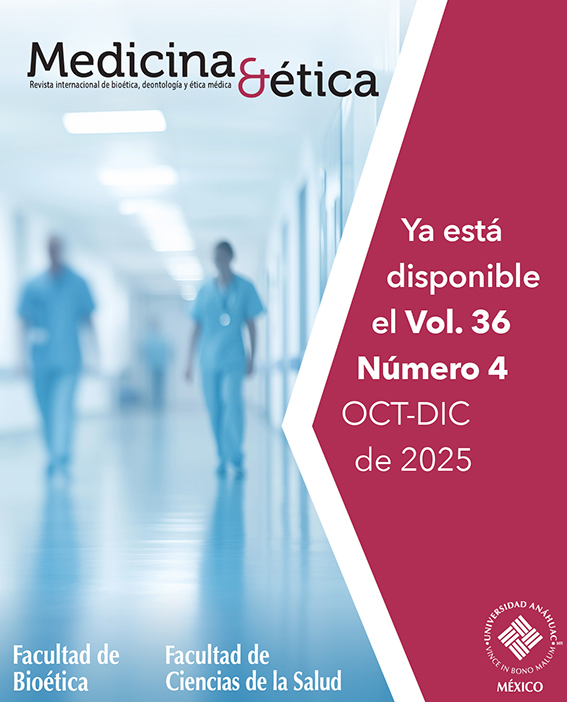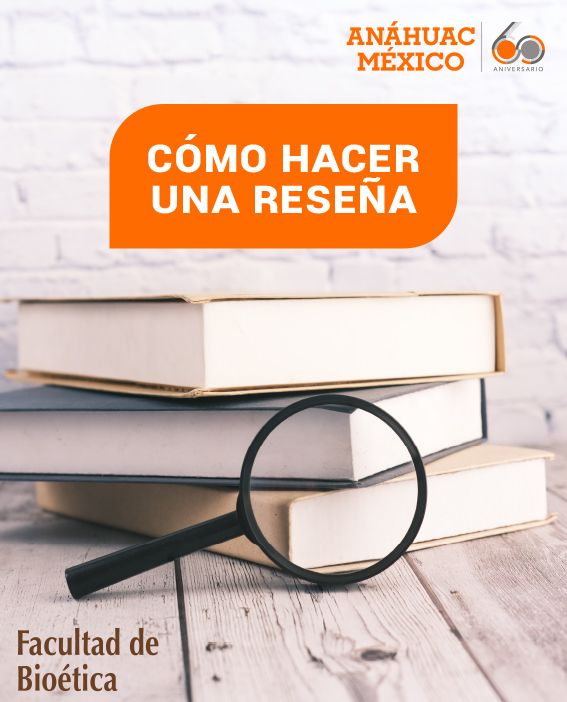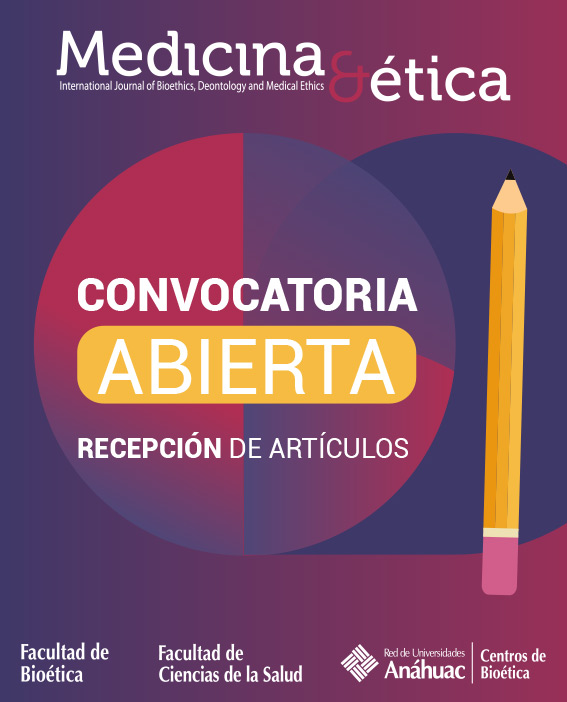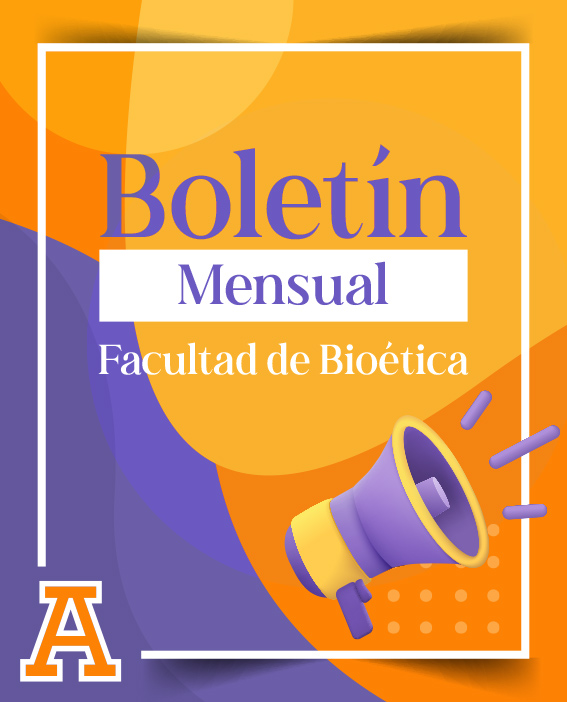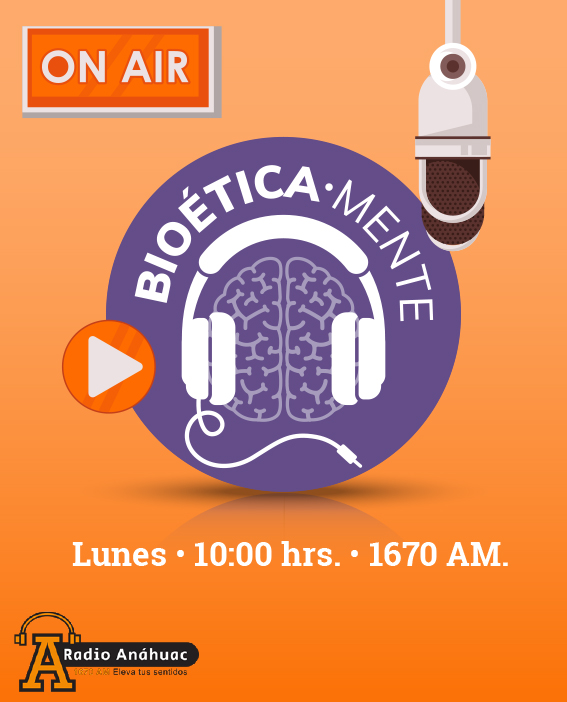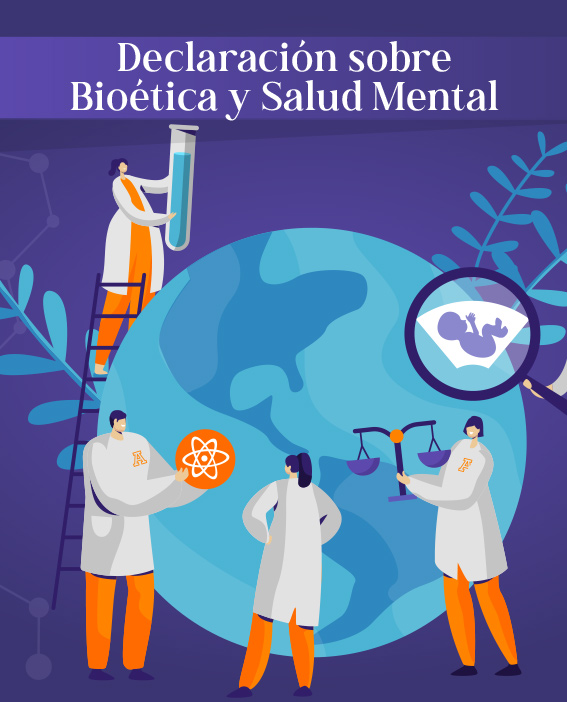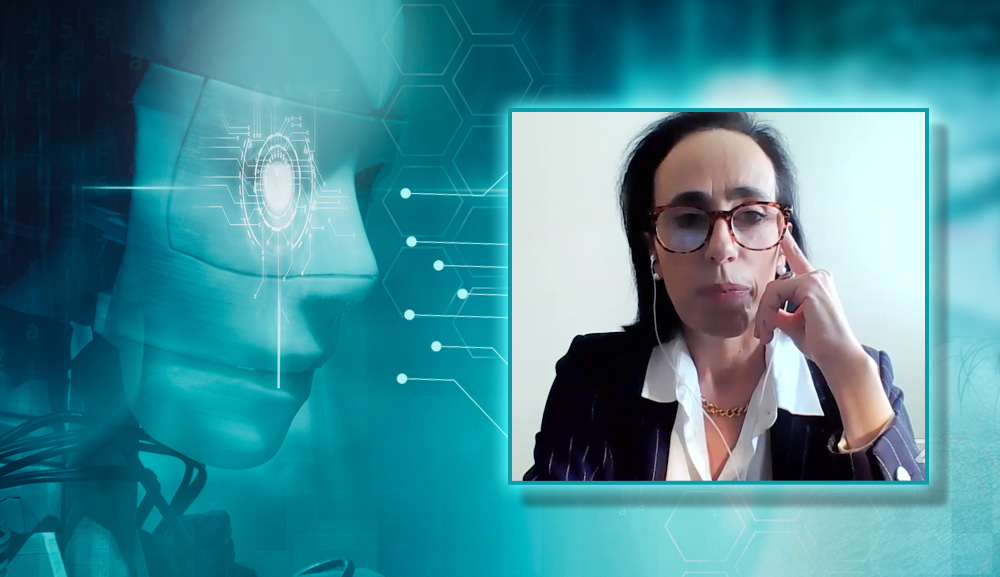
Dr. Elena Postigo addressed the issue as a cultural and scientific trend with a moral duty to "improve" human beings through technology.
The Faculty of Bioethics held the Inaugural Lecture "Transhumanism and emerging challenges for bioethics in the 21st century" by Dr. Elena Postigo, a graduate in Philosophy and a doctorate in Bioethics from the Sacro Cuore University of Milan.
The former vice-rector for research at the Ceu San Pablo University in Madrid from 2009 to 2011 and adjunct professor of anthropology and bioethics at the Francisco de Vitoria University in Madrid, where she also directs the Institute of Bioethics, and whose area of research focuses on the bioethics of emerging issues raised by 21st century biotechnology, addresses transhumanism as a cultural and scientific current with a moral duty to "improve" human beings through technology, innovating in ways to alter human nature, establishing a constant search of the welfare state to optimize the functioning of the human being both as a species and as a community.
Likewise, she explained how at the base of the transhumanist movement is the change from the evolutionary model to a selective redirection through science and technology that establishes the current of "improved humanism", which argues three pillars for the improvement of the human being: super intelligence, super wellness, and super longevity.
A central point of her exposition was the distinction between transhumanism and posthumanism. The first, explained Dr. Postigo, has its origin in the human tending to be a post-human through technology and science, but accidentally in his search for the "improved human". While a posthuman starts from something or someone that exceptionally exceeds the human.
In her analysis from philosophical anthropology, she clarified that transhumanism denies the limit condition in the human being, as well as his bodily condition, vulnerability, and mortality. On the other hand, the person and dignity are understood as material and changing qualities, understanding the human being from functionalism and reductionism from their own superior functions, defining human nature as a phenomenon of self-construction and felt and desired self-perception.
To close this presentation, Dr. Elena Postigo constantly emphasized the need to recover the metaphysical dimension of the concepts of person, dignity, and human nature. Highlighting the need to change the perception of life as a manipulable object, highlighting it as a gift, something only possible from the study of bioethics open to transcendence.
To see the full presentation, click on the following link: fb.watch/aOV6796ThZ/
Más información:
MPSS Jhosue Hernández González
Facultad de Bioética
bioética@anahuac.mx

